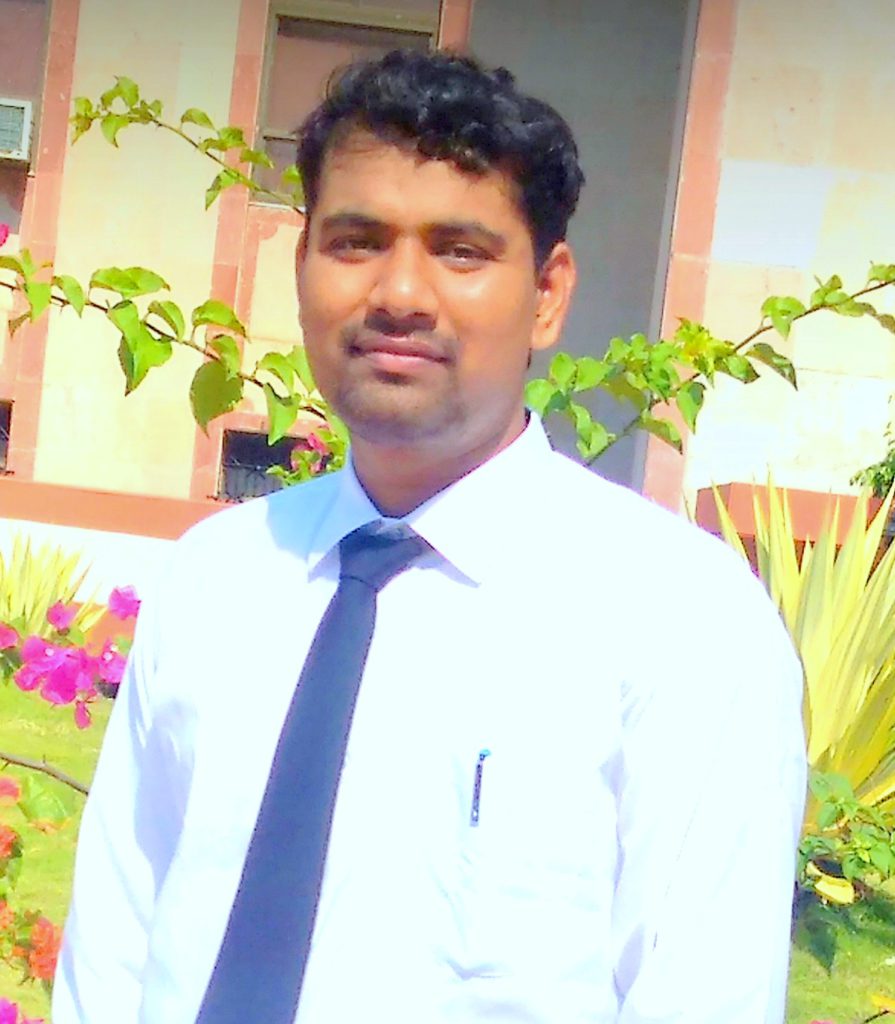Fisheries Extension Education
Course Attendees
Still no participant
Course Reviews
Still no reviews
Course Name : Fisheries Extension Education
Code(Credit) : FSEE 2207 (1-1-0)
Course Objectives
-
1. The basic objectives of the extension education are the overall development of the rural people.
2. To bring about desirable changes in the human behavior, which includes change in knowledge, skill and attitude?
3. The dissemination of useful and practical information relating to agriculture, including improved seeds, fertilizers, implements, pesticides, improved cultural practices, dairying, poultry nutrition etc.
4. To make the people aware that agriculture is a profit table profession.
5. To create an environment for rural people so that they can show their talent, leadership and efficiency.
6. To provide appropriate solution of the farmer’s problems.
7. To bring the scientist closer to the farmers.
Learning Outcomes
- 1. Provide the farmers the knowledge and help that will enable him to farm more efficiently and to increase his income.
2. Help in planning and implementing the family and village plans for increasing production in various occupations.
3. Provide facilities for better family living.
4. Encourage the farmer to grow his own food. Eat well and living well.
5. Promote better social, natural, recreational, intellectual and spiritual life among the people.
6. To open up new opportunities for rural people so that they may develop all their talent and leadership.
Course Syllabus
- Theory
Introduction to extension education and fisheries extension - concepts, objectives and principles; extension education, formal and informal education; History and role of fisheries extension in fisheries development. Fisheries extension methods- individual, group and mass contact methods and their effectiveness, factors influencing their selection and use; characteristics of technology, transfer of technology process; important TOT programs in fisheries; role of NGOs and SHGs in fisheries; Fisheries co-management; Adoption and diffusion of innovations, adoption and diffusion process, adopter categories and barriers in diffusion of fisheries innovations; Extension program planning and evaluation - steps and importance; participatory planning process. Basic concepts in rural sociology and psychology and their relevance in fisheries extension; social change, social control, social problems and conflicts in fisheries; gender issues in fisheries; theories of learning, learning experience, learning situation - Practical
Collection of socio-economic data from fishing villages; study of social issues/problems through participatory and rapid rural appraisal techniques, stake holders analysis and needs assessment; assessment of development needs of community and role of formal and non – governmental organizations through stakeholder analysis; case studies on social/gender issues and social conflicts in fisheries. Case studies on extension programs and Success stories. Practical exercises on conducting fish farmers meet. - References
- 1. Fisheries Extension ---- Amita Saxena
2. Handbook on Extension Education ---- Rathore, Dhakar, Chauhan & Ojha
3. Entrepreneurship and rural development ---- S.k.Sinha
Session Plan (Theory Part)
Session 1
- Introduction to extension education
Fisheries extension
Concepts
Objectives
Principles
Extension education
Formal education - ppt1 intro
- https://www.youtube.com/watch?v=rKBZ8cvdMCg
Session 2
- History and role of fisheries extension on fisheries development
Individual contact method and their effectiveness - Individual contact method and their effectiveness
Group method and their effectiveness
Group contact method and their effectiveness
Mass contact method and their effectiveness
Mass contact method and their effectiveness
Factors influencing their selection and use - ppt2teaching methods
- https://www.youtube.com/watch?v=ajLUGHVFSMo
Session 3
- Characteristics of technology
Technology – definitions and characters
Transfer of technology process
Important TOT progammes in Fisheries
Role of NGOs in Fisheries
Role of SHGs in Fisheries - ppt3tot
- https://www.youtube.com/watch?v=GAoHg-Q0-EE
Session 4
- Fisheries co-management
Introduction
Co-management
Goals of co-management
Co-management and women - Role of researches and extension organizations in co-management
Advantages of co-management
Limitations of co-management - ppt10 co management
- https://www.youtube.com/watch?v=N37OSlFQ37M
Session 5
- Adoption and diffusion of fisheries innovations
Meaning
Definition
Importance and types- Communication
Models of Communication - Limitations of co-management
- ppt5diffusion
- ppt6 ID
- https://www.youtube.com/watch?v=wCgmdgZX5y4
Session 6
- Elements of communication
- Diffusion of innovations
Adopter categories
Innovation –decision process
Barriers to diffusion of fisheries innovations - ppt4 communication
- https://www.youtube.com/watch?v=wCgmdgZX5y4
Session 7
- Extension programme planning and evaluation-steps and importance
Steps in progrramme planning
Participatory progamme planning - ppt8epp
- https://www.youtube.com/watch?v=VnJcbx1Ee8E
Session 8
- Participatory planning process
Basic concepts in rural sociology and psychology and their relevance in
fisheries
Social change - https://www.slideshare.net/LUND456/participatory-planning
- https://www.youtube.com/watch?v=wUEOFGs8ZdE
Session 9
- Social problems and their controls
Gender issues in fisheries
conflicts in fisheries - https://www.youtube.com/watch?v=CB1Vsw3bIwA
- https://www.slideshare.net/gentlemoro/gender-issues-in-entrepneur-development?qid=a2ee2ad7-d461-4ec4-ad50-f8ead1030b90&v=&b=&from_search=1
Session 10
- Psychology,
Theories of learning
Learning experience
Learning situation - ppt7psychology
- https://www.youtube.com/watch?v=eX_uta8NEtI
Session Plan (Practical Part)
Session 1
- Collection of socio-economic data from fishing village
- Study of social issues/problems though PRA Techniques
Session 2
- Stake holder analysis and needs assessment
- Assessment of development needs of communist
- Role of formal and non-governmental organizations through stakeholder analysis
Session 3
- Case studies on social issues
- Case studies on gender issues
Session 4
- Case studies on social conflicts in fisheries
Session 5
- Case studies on extension programmes
Session 6
- Case studies on success stories
Session 7
- Practical exercise on conducting fish farmers meet
Case Studies
Case Studies
Our Main Teachers

Mr. Chandan Haldar is working as Assistant Professor in the School of Fisheries, Centurion University of Technology and Management, Paralakhemundi Campus, Odisha. He has completed his M.F.Sc from ICAR-Central Institute of Fisheries Education, Mumbai, Maharashtra India and his Ph. D. thesis topic is “Identification of Growth Associated SNPs in Clarias magur (Hamilton, 1822) […]


Recent Comments